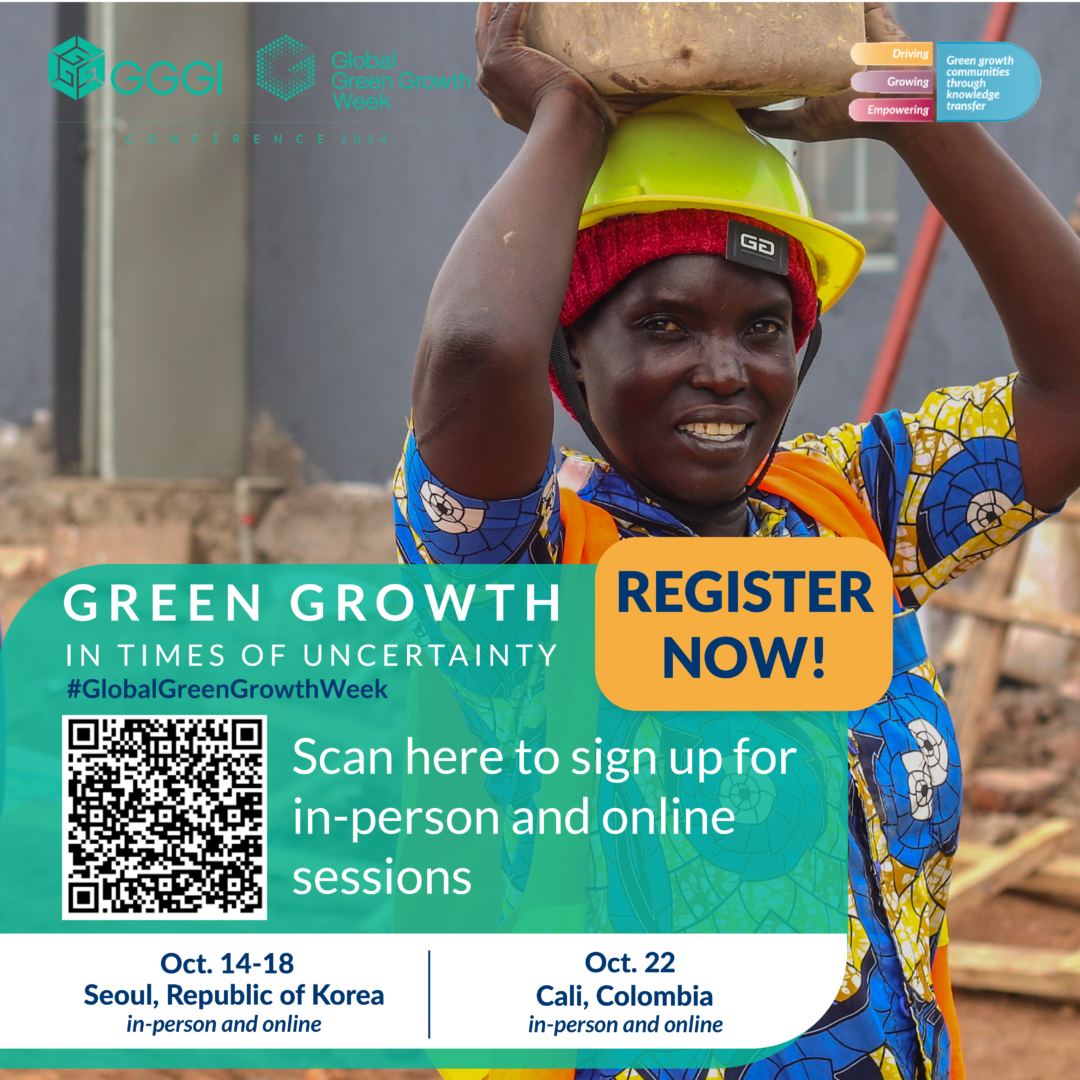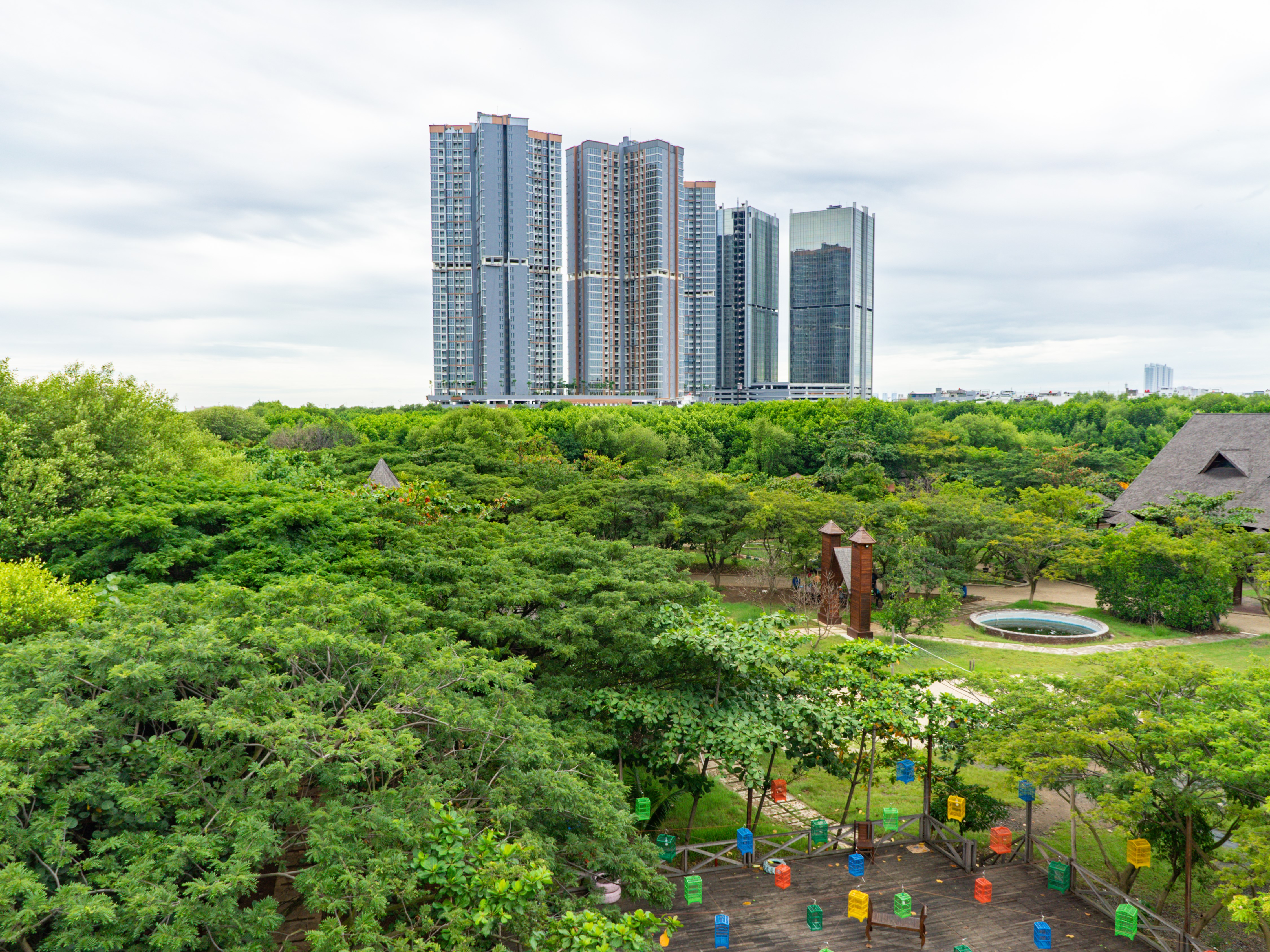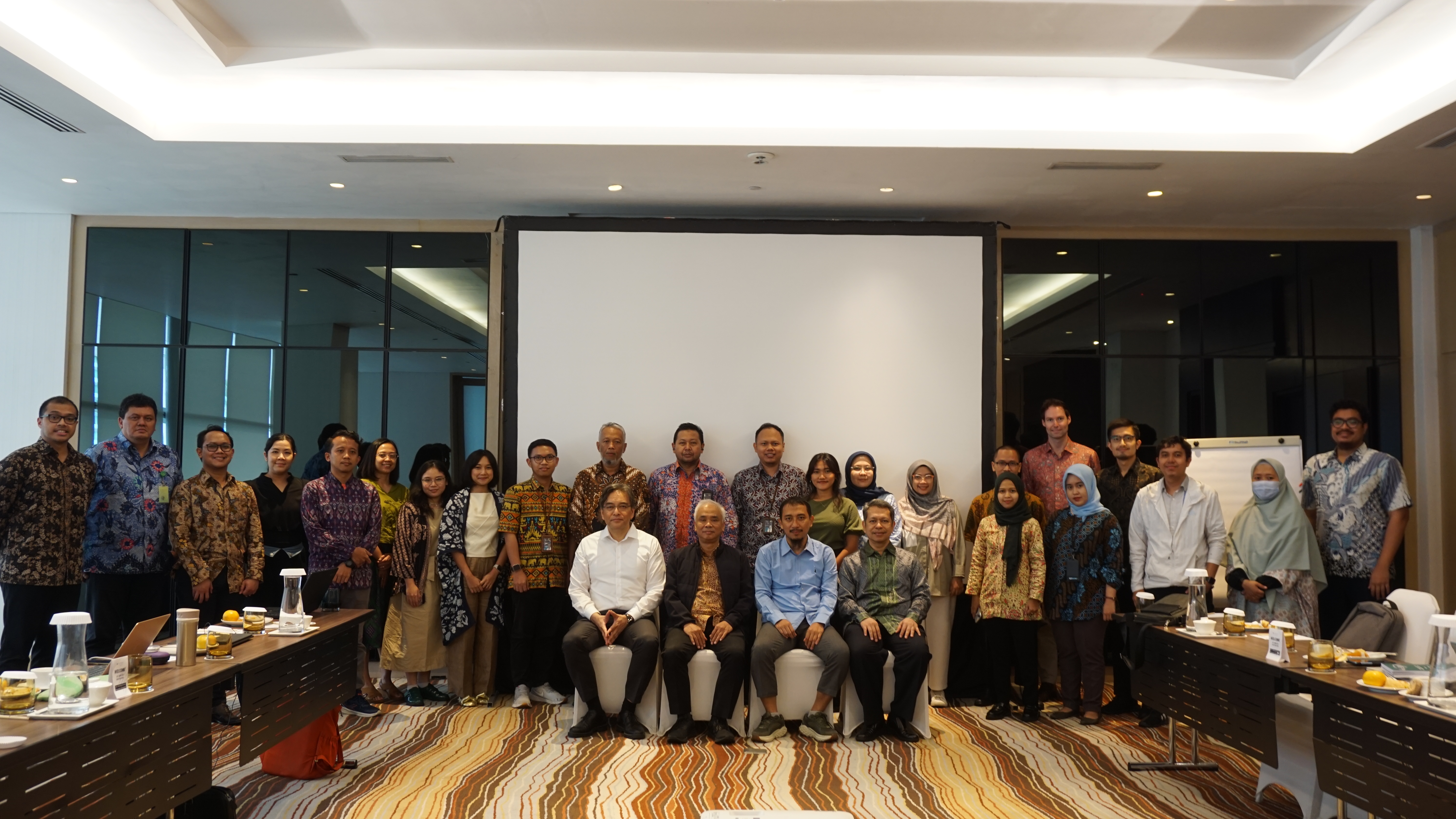Increasing Capacity to Build a Profitable Non-Timber Forest Products (NTFP) Business
The North Kalimantan Provincial Government (Pemprov Kaltara), together with the Global Green Growth Institute (GGGI), held a Capacity Development Training with the theme: Building a Profitable Non-Timber Forest Products (NTFP) Business. The training took place in Tarakan on January 25-28, 2022. This training aimed to increase understanding and build the spirit of strengthening the productive steps of the NTFP business and strengthening the entrepreneurial spirit of the community or forest farmer groups.
One of the production management in forest areas that potentially improve people’s welfare while at the same time restraining deforestation is the use of forests for NTFPs. NTFPs are biological forest products, both vegetable, and animal, along with derivatives and cultivation products from forests, except timber. The derivative of the Job Creation Law, the Government Regulation No. 23 of 2021 on the Forestry Management, emphasize that NTFP utilization can be carried out by multiple forestry businesses, which can be in the form of area utilization businesses, NTFP utilization businesses, and or Environmental Services Utilization businesses to optimize the potential of forest areas in protected forests and production forests.
Currently, the recorded potential of NTFPs in Indonesia is at least 66 million tons. However, its production in 2020 is only 558 thousand tons with Non-Tax State Revenue (PNBP) of Rp 4.2 billion. The three types of NTFPs with the highest production came from NTFPs in the sap group with 126 thousand tons, the grain group with 114 thousand tons, and the leaf/root group with 63 thousand tons. The potential NTFP commodities to be developed are eucalyptus, coffee, honey, pine resin, rubber, bamboo, corn, lemongrass, elephant grass, palm sugar, gamal, rattan, sugar palm, cloves, resin, agarwood, latex, leather, tree bark, frankincense, candlenut, walnut, sago, and many more.
This training activity is one way to develop a business and manage non-timber forest products in the North Kalimantan region. The Technical Development Training was attended by 44 participants from regional farmer groups, village heads, and instructors from the Forest Management Unit (FMUs) and the North Kalimantan Provincial Forestry Office. FMU, as a community or Forest Farmer Group builder, has a crucial role in developing sound management and business plans based on non-timber forest product commodities and environmental services, such as rattan, cocoa, bamboo, rubber, agarwood, honey, medicinal plants, tourism, and so on. In addition, FMU managers can also promote innovative solutions and concepts to involve communities and the private sector in establishing sustainable value chains for wood and non-timber forest products, including production, processing, and marketing.




